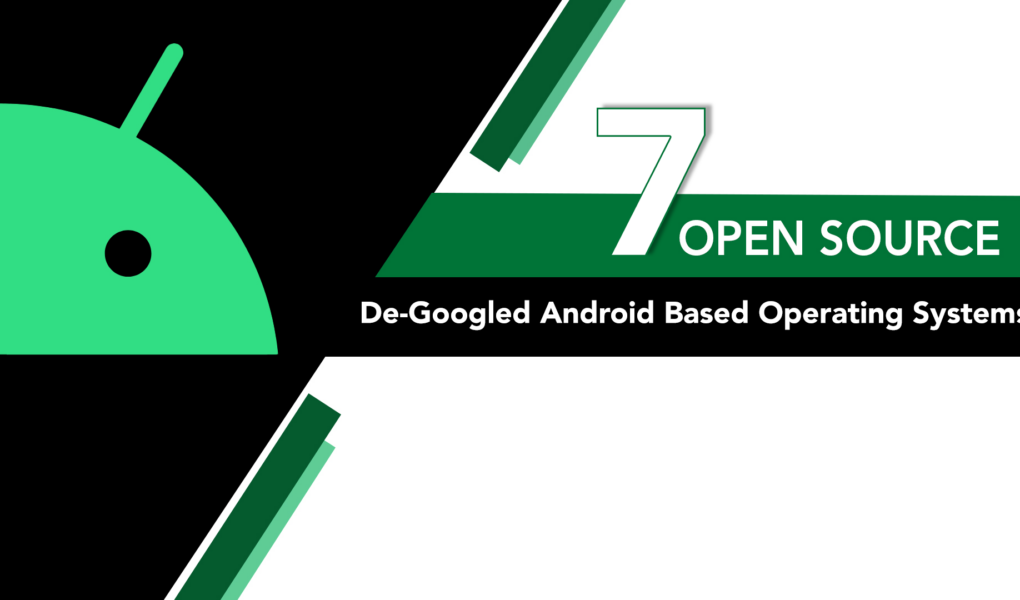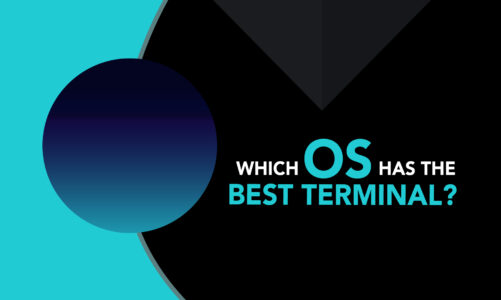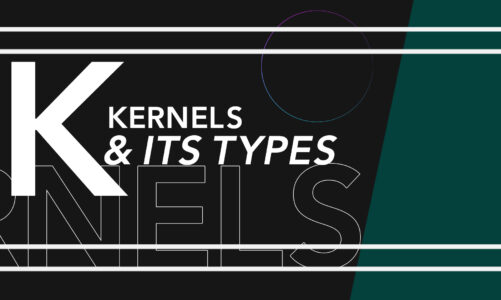As technology companies continue to expand their reach and influence, concerns regarding user privacy and data collection have become increasingly prevalent. This has led many individuals to seek out alternatives that prioritize privacy and data protection.
One such alternative gaining popularity is the De-Googled Android version. Put up on top of the Android Open Source Project (AOSP), the De-Googled Android version removes all Google services and applications from the operating system.
Seems like a good alternative, so why not explore some of the popular open-source de-googled android versions? So, here we go!
1: GrapheneOS
GrapheneOS is an Android-based operating system that offers a wide range of security and privacy features. It builds upon the baseline features provided by Android, such as standard app sandboxing, verified boot, and exploit mitigations. Additionally, GrapheneOS provides hardware-assisted tamper-evident security, enhanced sandboxing and permissions, and a focus on verified boot and secure boot.
It is worth noting that GrapheneOS continues to improve on the baseline features of Android, and the team behind the project has contributed a substantial amount of work to modern Android development.
Pros
- Anti-persistence / detection
- Wi-Fi privacy
- Closed device identifier leaks
- Continuously updated with new features and improvements
Cons
- Limited device support
2: LineageOS
Customization is paramount to productivity, which is why LineageOS prioritizes user personalization and preferences. With this, users have the freedom to make their devices unique to them.
LineageOS also understands the importance of keeping your data under your control. Along with monthly security updates for every supported device, LineageOS enhances privacy features around the operating system and provides transparent information about how your data is being used.
Pros
- Customizable OS
- Enhanced privacy features and transparent data usage info
- Monthly security updates for all supported devices
Cons
- Requires technical expertise to use
3: /e/ OS
/e/OS is not just an open-source mobile operating system; it also includes carefully selected applications that work together to provide a privacy-enabled environment for your smartphone. Because /e/OS is open-source, anyone can audit and verify its privacy claims.
The significance of apps and online services is acknowledged by including a search engine, email platform, cloud storage, and other online tools within the operating system. The intention of these services is to establish an exclusive privacy-enhanced setting for users, enabling them to benefit from advanced technology while still safeguarding their privacy.
Pros
- Compatible with Android apps
- Privacy-focused features
- De-Googled experience
Cons
- App compatibility issues
4: CalyxOS
CalyxOS is a mobile operating system based on Android that prioritizes privacy and security for everyday users. It offers a range of features such as app permissions, secure DNS, and encrypted backups to ensure that the user’s personal data is protected.
In addition to these privacy-enhancing features, CalyxOS actively works to keep users secure with proactive security recommendations and automatic updates. As a result, users need not be concerned about manually checking for updates or making intricate adjustments to their settings in order to remain secure.
Pros
- Open-source and transparent
- Privacy-focused features
- Proactive security recommendations and automatic updates
Cons
- Limited device compatibility
5: KaiOS
KaiOS is a feature-rich mobile operating system that offers a seamless experience for users to search, share, and receive information. All KaiOS-powered phones come equipped with cameras, wifi, Bluetooth, and GPS, making it easy to stay connected and get things done on the go.
With KaiOS, you can easily check out what your friends are posting on Facebook, send free text, voice messages, and voice calls via WhatsApp, and effortlessly navigate to your next destination with the help of GPS directions. The intuitive interface and diverse range of apps make it simple to perform a wide variety of tasks and stay productive throughout the day.
Pros
- Offers a De-Googled Android experience
- Affordable alternative to smartphones
Cons
- Limited customization options
6: PostmarketOS
PostmarketOS is a mobile operating system that is designed to provide a sustainable, privacy-focused, and secure alternative to Android and iOS. It is built on a traditional Linux distribution model and incorporates privilege separation to give users complete control over their devices and the software they run.
With PostmarketOS, users can keep their devices useful and secure for longer periods, avoiding the constant upgrades and e-waste that come with proprietary operating systems. The OS is built with longevity in mind and provides a free software alternative that prioritizes user control and privacy.
Pros
- Privacy and security-focused
- Sustainable and eco-friendly
- Free software alternative to proprietary operating systems
Cons
- Technical expertise may be necessary for setup and usage
7: Sailfish OS
Sailfish OS is a protected mobile operating system augmented for smartphones and tablets but also adaptable to various rooted devices and use cases. The latest iteration, Sailfish 4, has over 5,000 improvements and fixes since Sailfish 3 was released in late 2018. It features enhancements to corporate functionalities, such as a built-in mobile device management (MDM) system, multi-user support, and a revamped user interface for essential applications.
Pros
- Unique and intuitive user experience with gesture-based navigation
- Supports Android apps
- Strong security features, with encrypted communications and granular control over app permissions
Cons
- Lack of community support
Conclusion
De-Googled Android offers a unique opportunity for privacy-minded individuals who value open-source software. It enables users to regain control over their data and remove Google’s pervasive tracking. Give it a try to any of the above-mentioned OS and get control over your digital lives.



